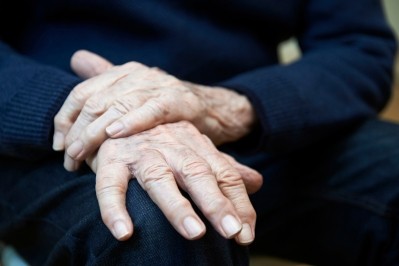Vesper Bio awarded grant by Michael J. Fox Foundation to assess sortilin inhibitors for Parkinson’s disease

The project will commence in January 2024 and is being led by principal investigators Louise Klem, senior research scientist and Anders Nykjær, chief scientific officer of Vesper Bio.
“Vesper has developed orally administered, small molecule, sortilin inhibitors that elevate central progranulin levels and these hold promise for treating certain CNS diseases, including Parkinson’s disease,” Nykjær said.
“This grant by The Michael J. Fox Foundation’s Parkinson’s Disease Therapeutics Pipeline Program will support our research as we look to further demonstrate the efficacy of this novel therapy against this terrible disease.”
The grant was awarded under the MJFF’s Parkinson’s disease therapeutics pipeline program, which seeks to advance preclinical testing of promising therapeutic developments that address unmet medical needs in people with the condition.
The program is set up to fund therapeutic development with a clear focus to prevent, stop or delay disease progression or to reduce the challenges of daily symptoms.
Jessica Tome Garcia, associate director, translational research at MJFF, commented: “MJFF greatly values research into the biological underpinnings of Parkinson’s disease and leveraging that insight for new treatment ideas. We are proud to fund the work of researchers at Vesper Bio as they investigate new ways to fulfil the unmet needs of people with Parkinson’s.”
In addition, Vesper is currently expediting the development of VES001 for frontotemporal dementia through ongoing phase 1 studies.
These include a phase 1b proof-of-concept in GRN mutation carriers in advance of potentially registrational phase 2/3 trials, and for phase 1 readiness of VES002, a treatment focused on a second central nervous system indication.
















